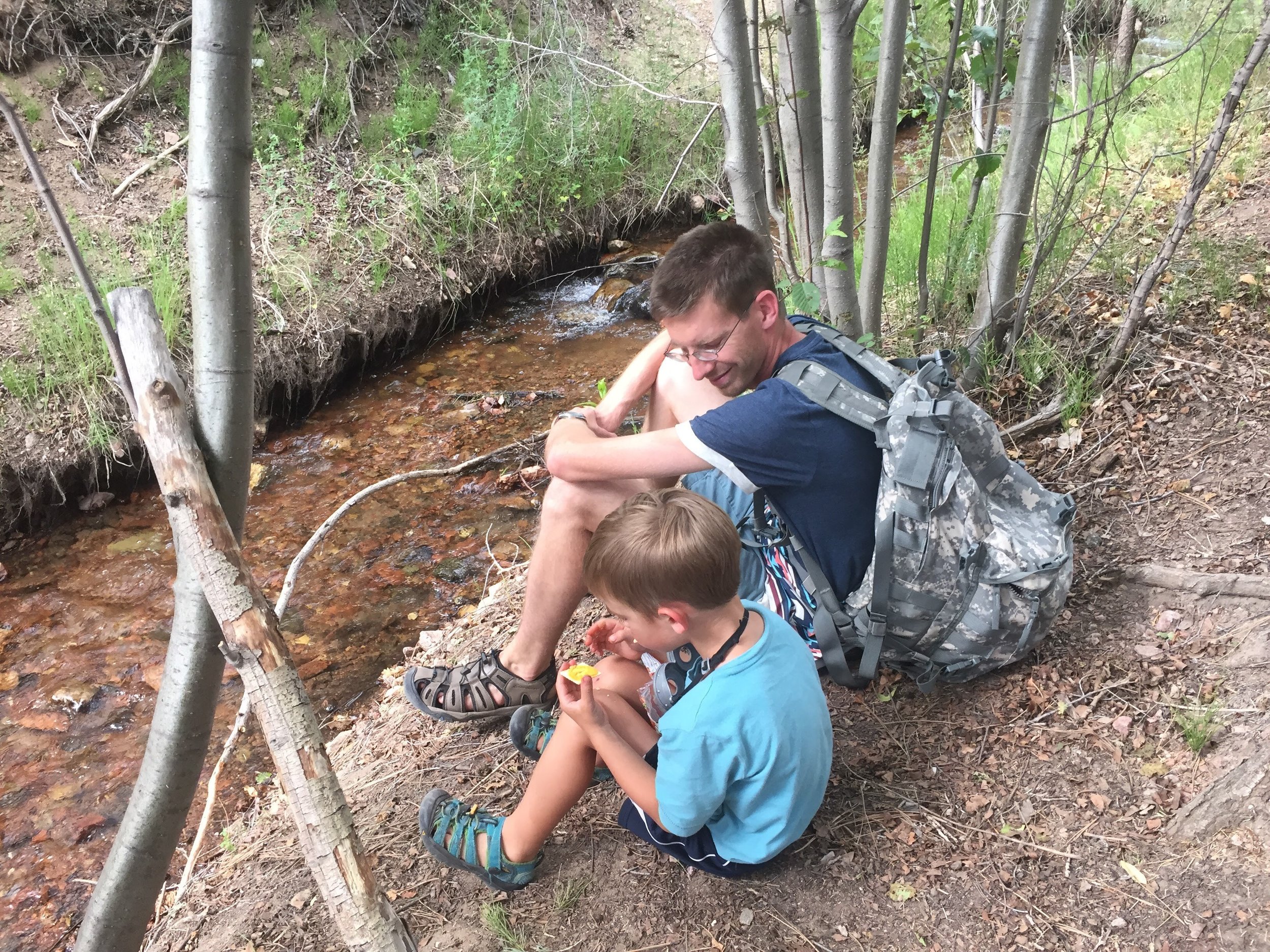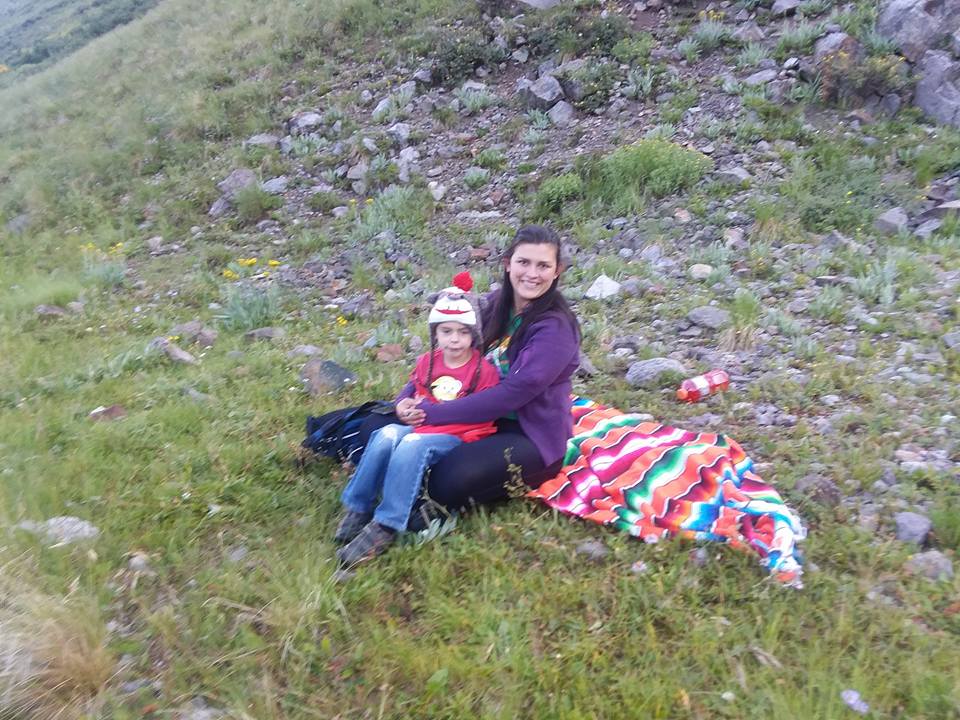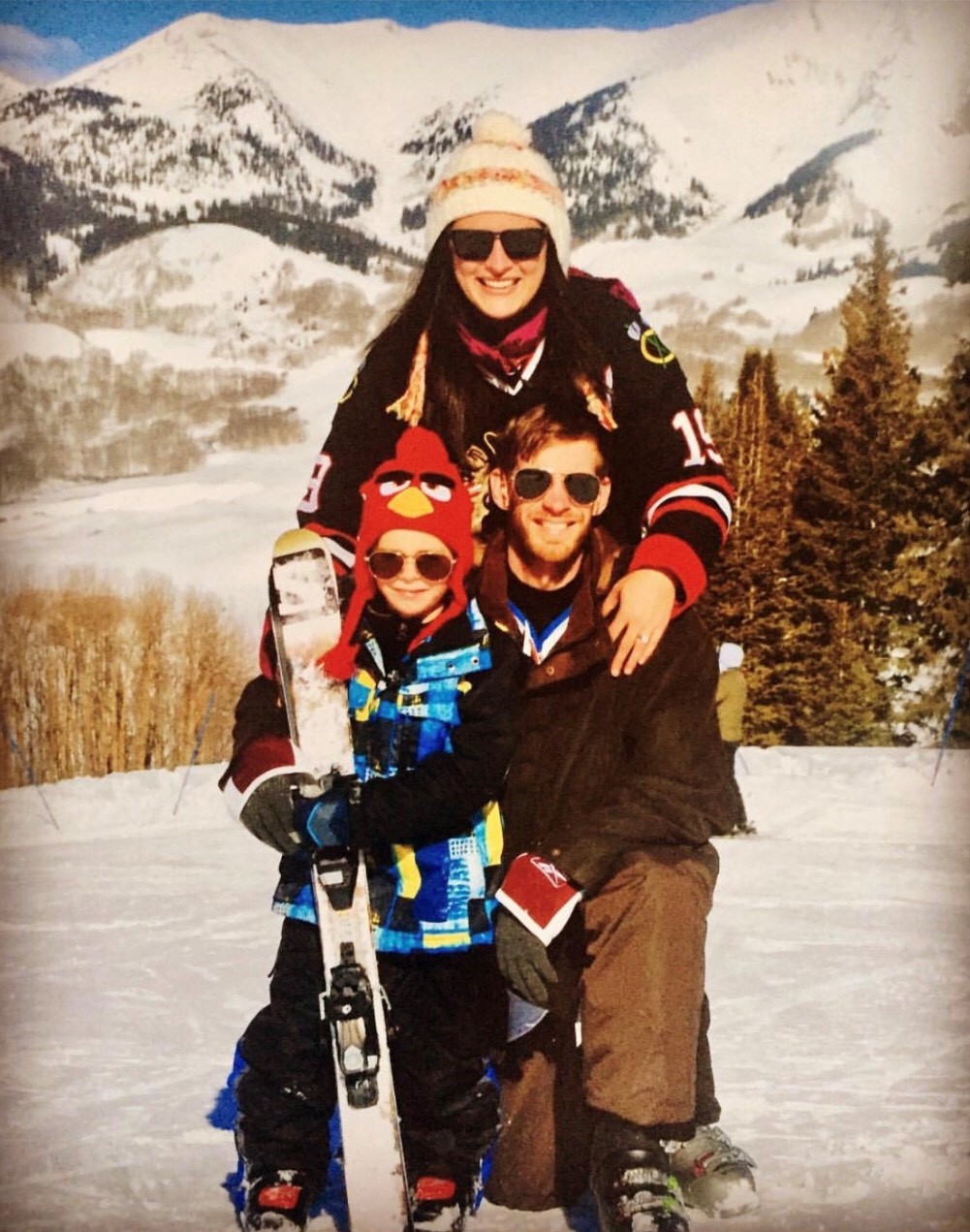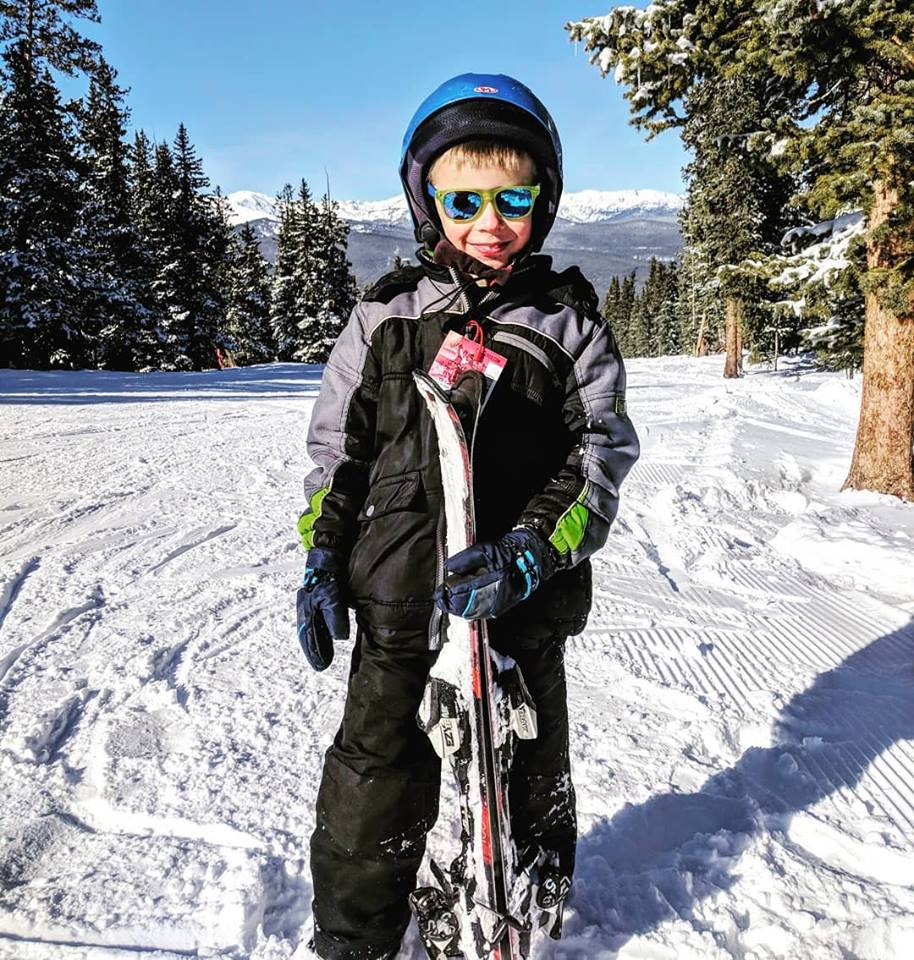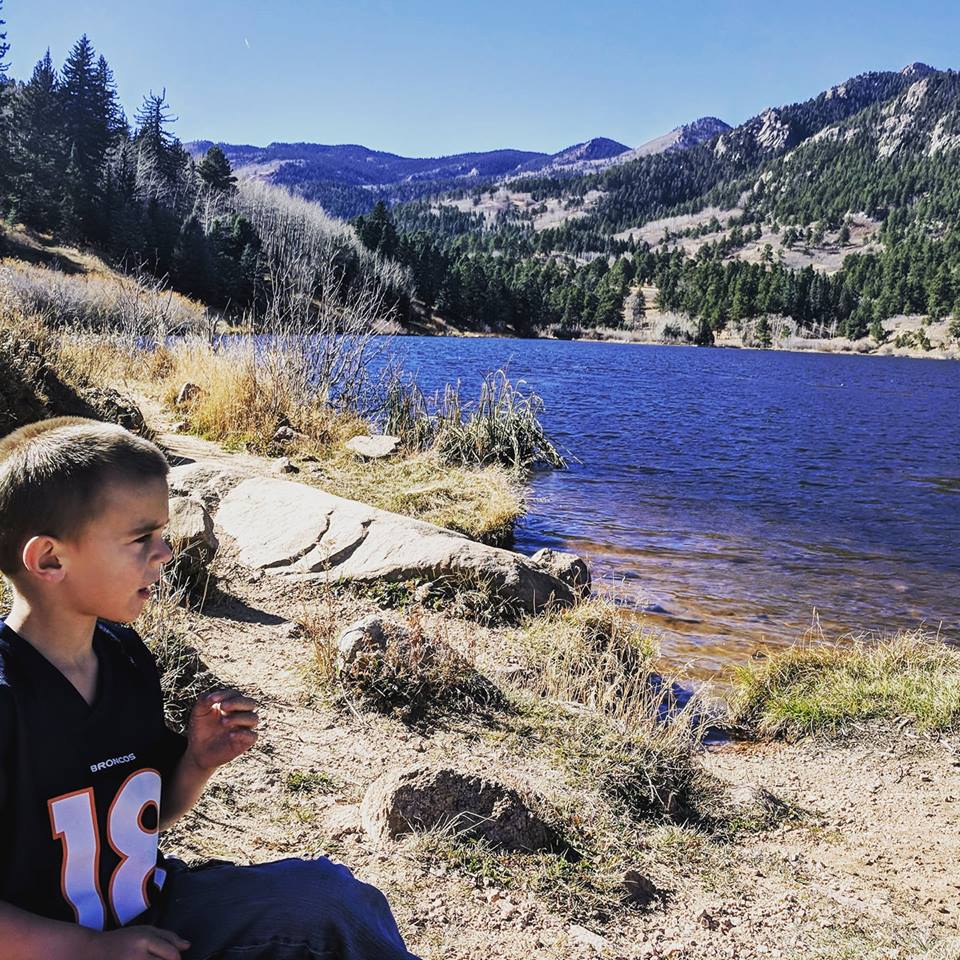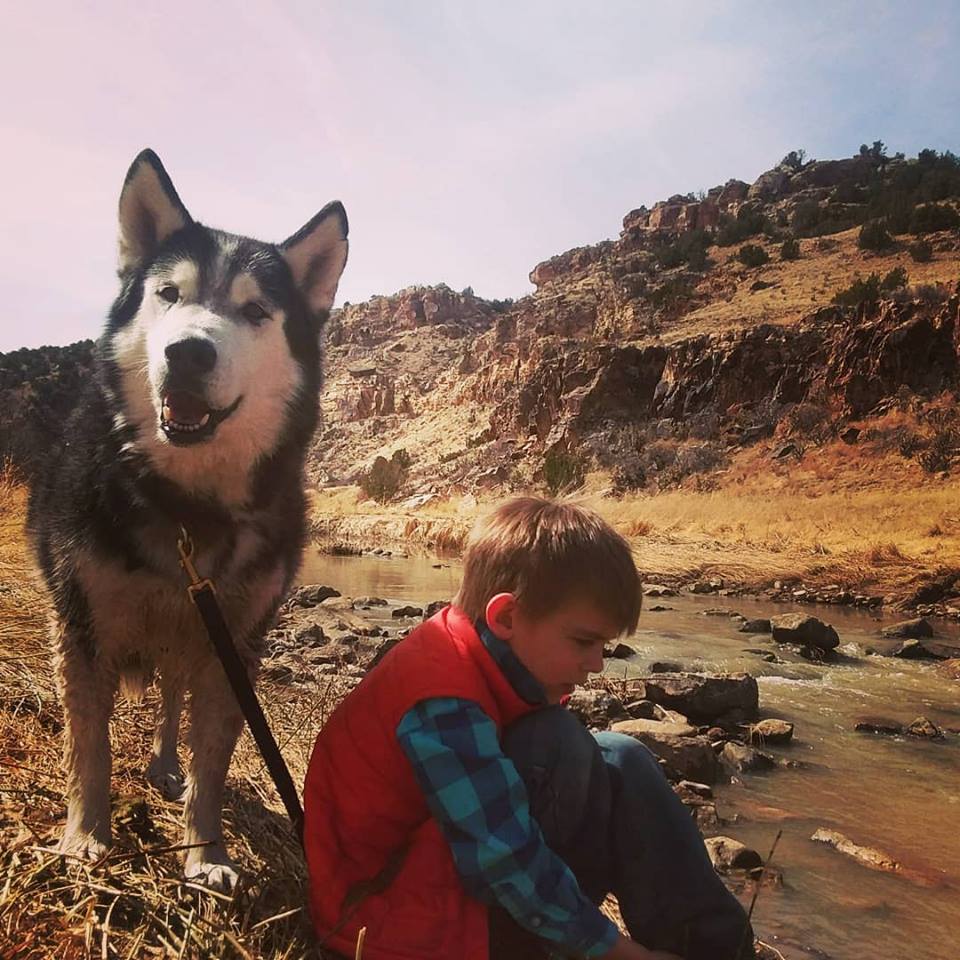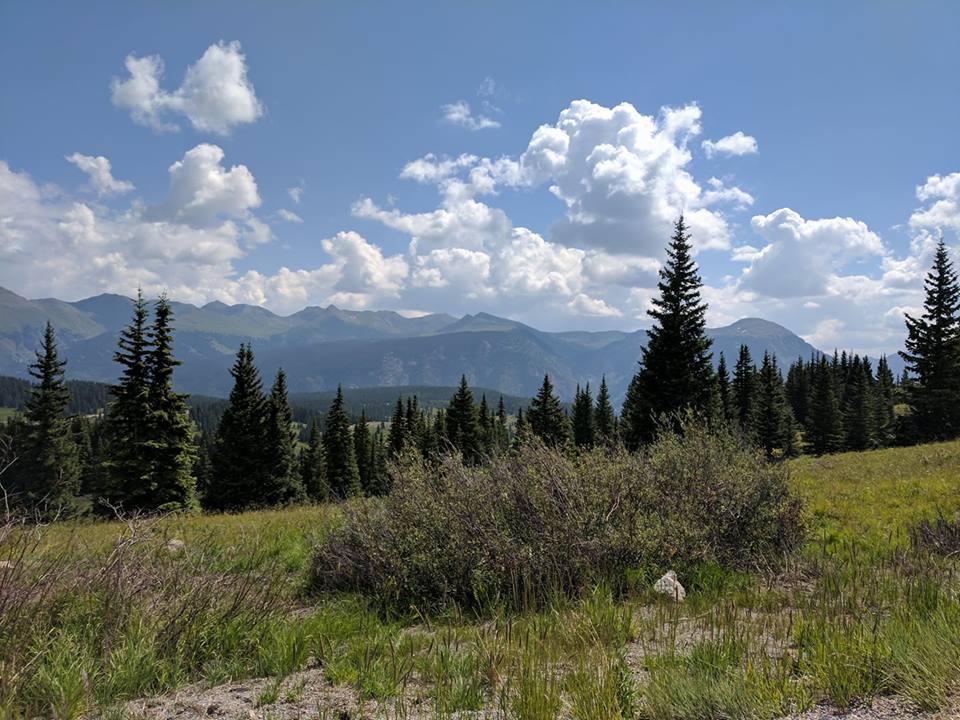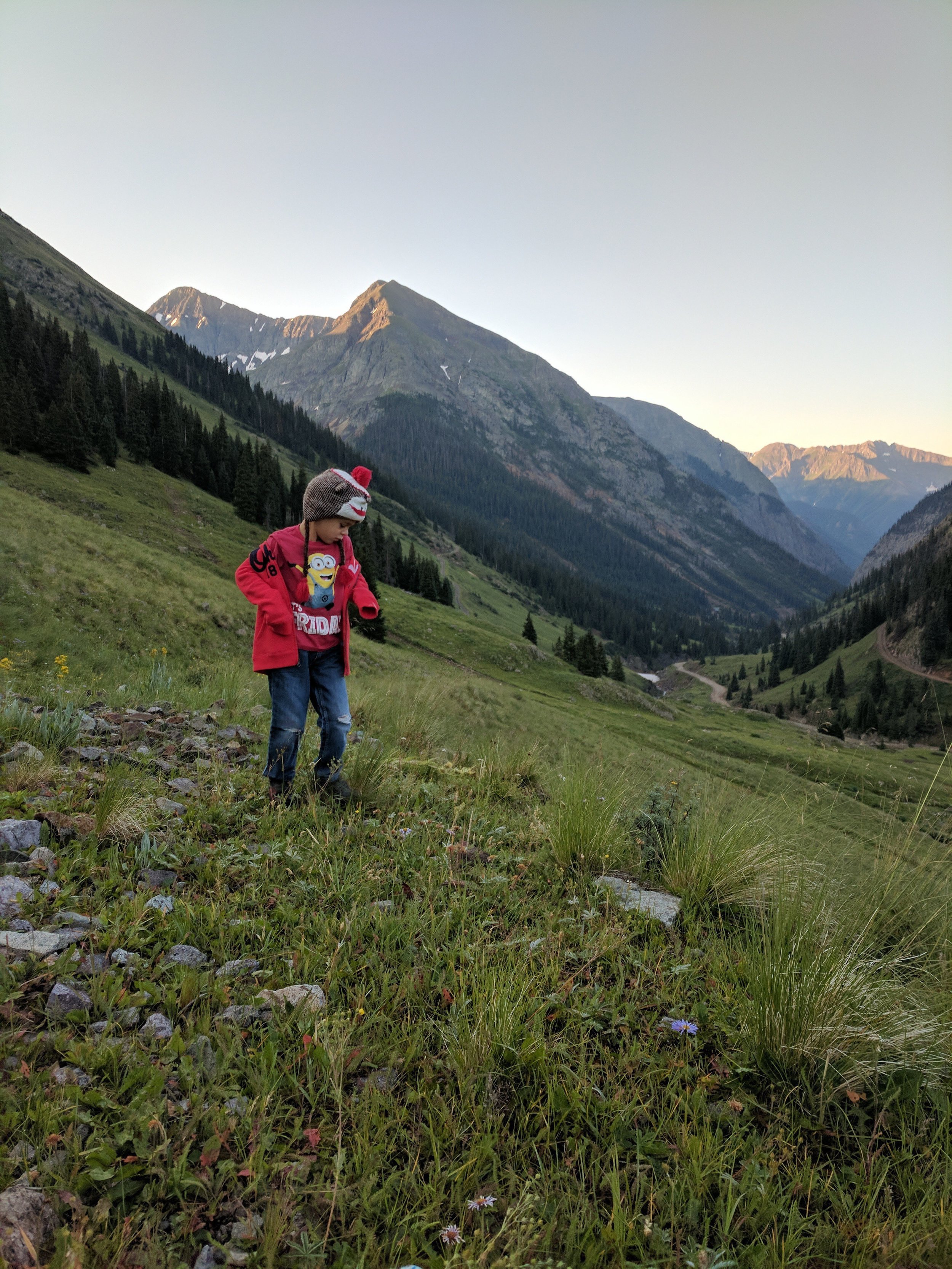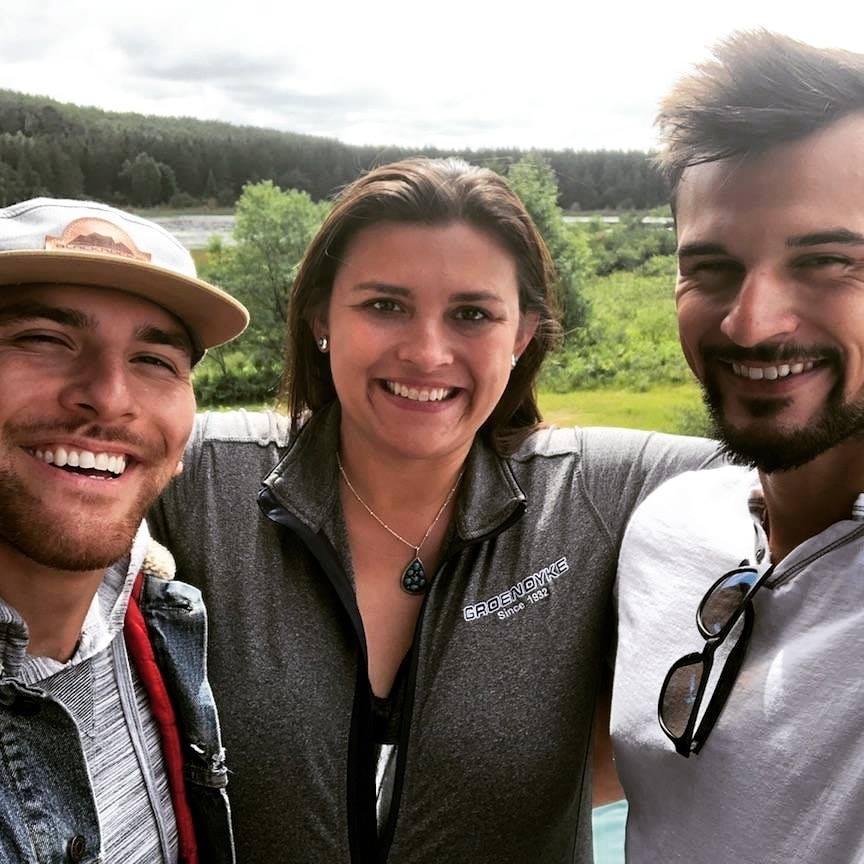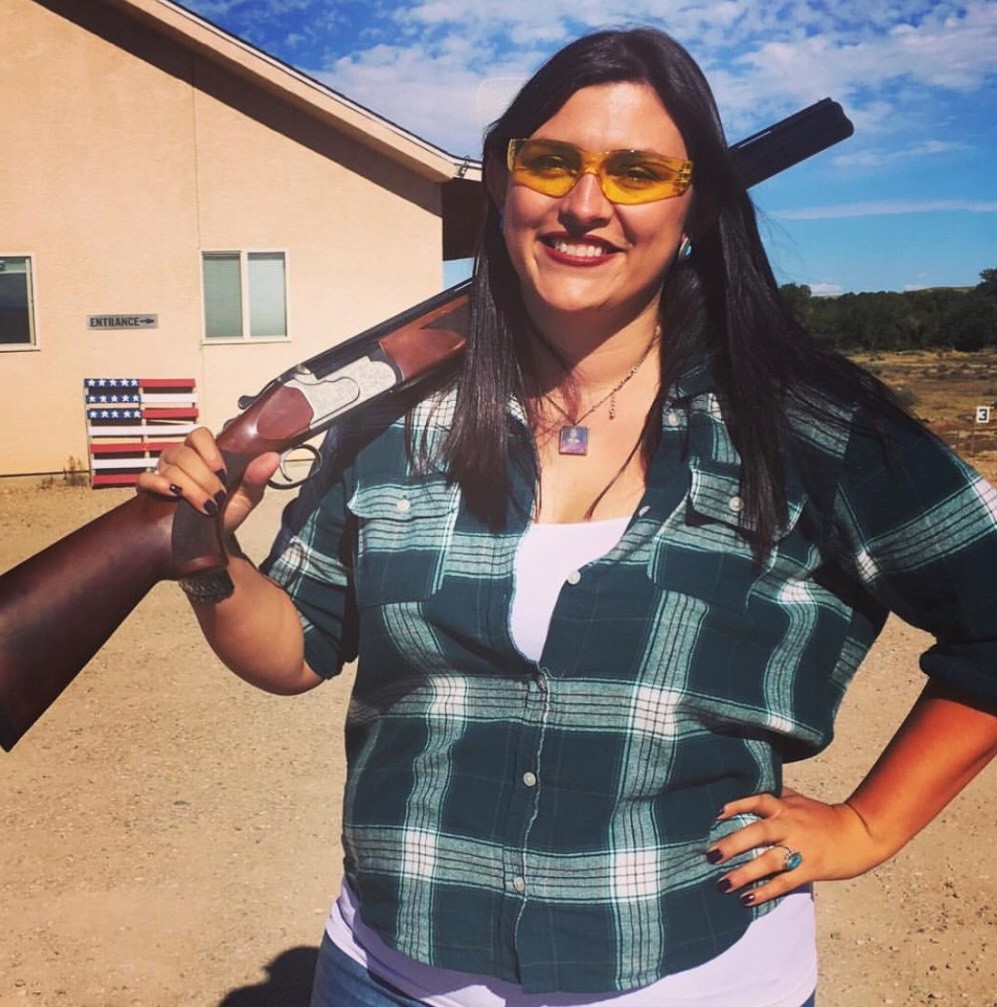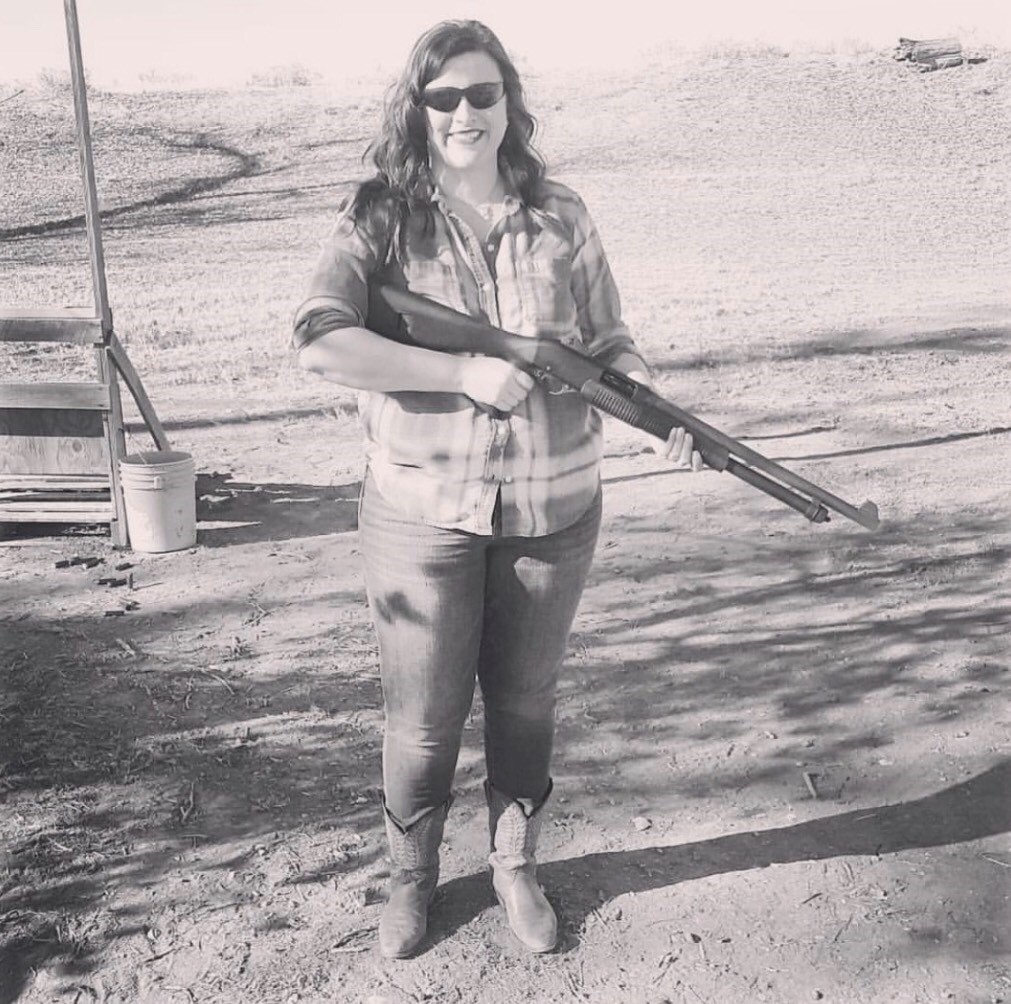Guest Blog: The Outdoors Taught Me Everything I Need to Know About Public Service
By Colorado State Representative Bri Buentello
When I decided to run for office three years ago, nobody thought I would win, and that was okay with me. But I ran anyway because our part of the state was forgotten in Denver and our traditional Latino family values of hard work, respect, and honesty were not represented. The people of Southern Colorado never ask for much, just a fighting chance and the hope that things will get better for them and their children. The odds were always long— I was a special ed teacher from Pueblo who wanted to represent one of the poorest parts of the state and I had (and still have) a lot to learn about the ins and outs of Colorado politics.
What I could do well was listen. I listened to the moms and dads who labored to put food on the table, to high-school students who struggled to enter the workforce, and to seniors who were sick and tired of the 3+ hour drives they have to make to see a healthcare provider. I listened, and learned to prioritize education, jobs, and healthcare because making sure that mom and dad can put food on the table is the best way to keep families together. More than 38,000 doors and 48,000 miles on my jeep later, here I am. There is no substitute for showing up and doing the work and that’s what got me here.
I am honored to be one of the 15 Latinx State Legislators – more than any General Assembly in our history. We have an unprecedented opportunity to represent Colorado’s diverse, dynamic Latino population and I’m elated that all of our perspectives are present from metro Denver to the rural San Luis Valley. But this is just the beginning and all of us have a lot of work to do.
My Marine-Corps parents taught me to make due with what you have and don’t complain, but they also taught me to stand up for those who have no voice. As a Special-Ed teacher I saw how Pueblo kids get dealt a raw hand when it comes to funding our schools. There are only four school days per week in my district because we’re so broke. In August it’s 80 degrees inside, but we have no money for climate control. It’s horrible. I’ve literally watched principals substitute classrooms because there’s no room in the budget for substitute teachers. But I love Colorado and my own home Pueblo and knew that this was a place worth fighting for.
From the pristine glacier-fed lakes in the Rocky Mountains to the sere mesas in the south the outdoors have always been a vital component of the state I now dedicate my life to serving. When my husband was getting out of the U.S. Army and after being a military brat then-wife my entire life, for the first time I had the chance to settle down anywhere I wanted. We chose Colorado for our son and for our future because both of us love the outdoors. Everything I need to know about public service was taught to me outside. I’m trying to teach those same lessons to my son, Noel, who is 8.
Last summer we hiked three miles to go fishing. My husband and I had the heaviest packs, but my son carried one that weighed eight pounds. It was grueling work hiking in with our dog to a lake at 11,000 feet. He complained half way through, saying, “Mom, are we there yet? This hurts, how long will this take?” I found myself parroting my father’s words that absolutely nothing good in life was easy. Because of that, I believe being outside is fundamentally good for kids. I don’t think that I would be where I am today without my dad taking the time out of his day and on the weekends to spend with us among the woods and lakes of Michigan’s Upper Peninsula. His schedule was insane. He was working for the bus system and as a construction worker and it’s no secret that working-class people of color like us don’t share the same access to the outdoors. But he still found the time to take me and my three siblings fishing, hiking and camping.
The favorite activity that my father and I shared was fishing. Fishing taught us patience and respect, not easy lessons for my rambunctious siblings and myself. When we would catch something too small to eat we would always throw it back. I’ll never forget the first fish my baby brother finally caught. It was a tiny Bluegill no bigger than the length of my index finger and certainly nothing that was going to feed anyone. Beaming with pride from this seminal experience he threw it in the freezer instead of throwing it back into the lake. My dad lit into my wide-eyed little brother. With the frankness signature of a Marine-Corps drill sergeant he informed us that we don’t waste. If we kill we eat and when we eat, we use as much of the animal as possible. That lesson struck a nerve with me much deeper than just my love of fishing or nature. Spending time with my father in the outdoors was a masterclass in respect. I’ve carried that respect with me from the lush forests of Northern Michigan to my arid home in Southern Colorado. I’ve tried to embody it everyday as an adult, as a mom, as a teacher and now as a State Legislator.
Lake Pueblo State Park and Beaver Creek State-Wildlife area are both in my district. In addition, I am responsible for legislating on behalf of the 41 State-Parks in Colorado that see over eleven-million visitors a year. Public lands and their use are deeply intertwined into our Western culture and economy and I am honored to raise my son Noel in such a place.
In Colorado kids under 15 fish for free, which definitely helps with access. But a fishing license is $40 for mom or dad, which is too much for some families. Driving an hour westward or eastward to a fishing spot is $5 in gas. A hunter safety course is $20. It starts to add up. Because of this, disproportionately poor, Latino kids have restricted access to the outdoors, even though they live in Colorado. This is unacceptable. I have kids in my school district that have never even been to mountains that are only an hour away because their parents are working three jobs just to keep the lights on. The kids that l represent in the rural corners of my district live in an environment that lends itself to deer and pheasant hunting with their parents. But the city kids that I teach don’t have that kind of access. They have some of the highest free and reduced lunch rates in the state and their families simply don’t have the disposable income to get outdoors.
The best thing my dad did for me was teach me how to compete in the male-dominated sport of hunting. By teaching me safety around firearms he gave me the confidence to use them. With that confidence I was able to reap the lessons of conservation and hard-work that go along with hunting. When Noel complained “this hurts are we there yet?” in the sweltering heat while hiking into camp last summer I thought about freezing my toes hunting for deer with my dad in Michigan. Noel got tough and we got through it.
I recently introduced a bill in Colorado that would have required most seventh grade students in the state to complete a hunter education course. The goals of this legislation were to give children an appreciation and respect for firearms and their dangers (like what to do if you find a gun that isn’t yours) and recognition for Colorado’s internationally-renowned conservation practices. Unfortunately, it was voted down, but I considered it a matter of public safety and social duty to instill those ethics in Colorado children. Above all else I wanted to reduce the barriers Colorado’s Latino children face to enjoying the wonders of our state. Simply put, the more of us that get outside, the brighter the future of our state will be.
###



